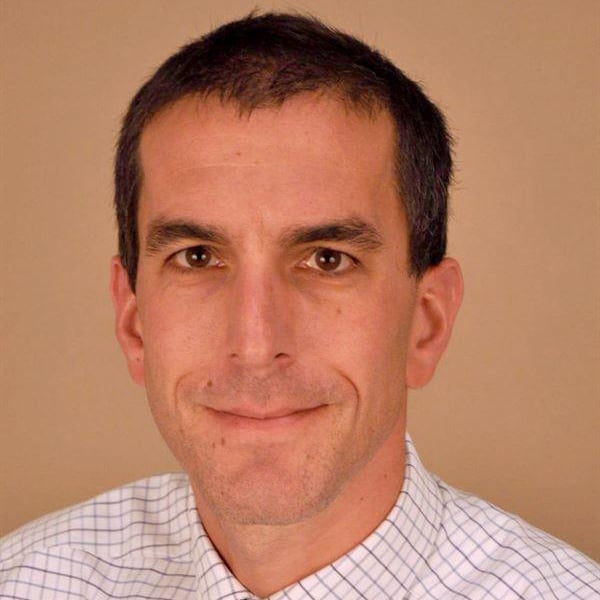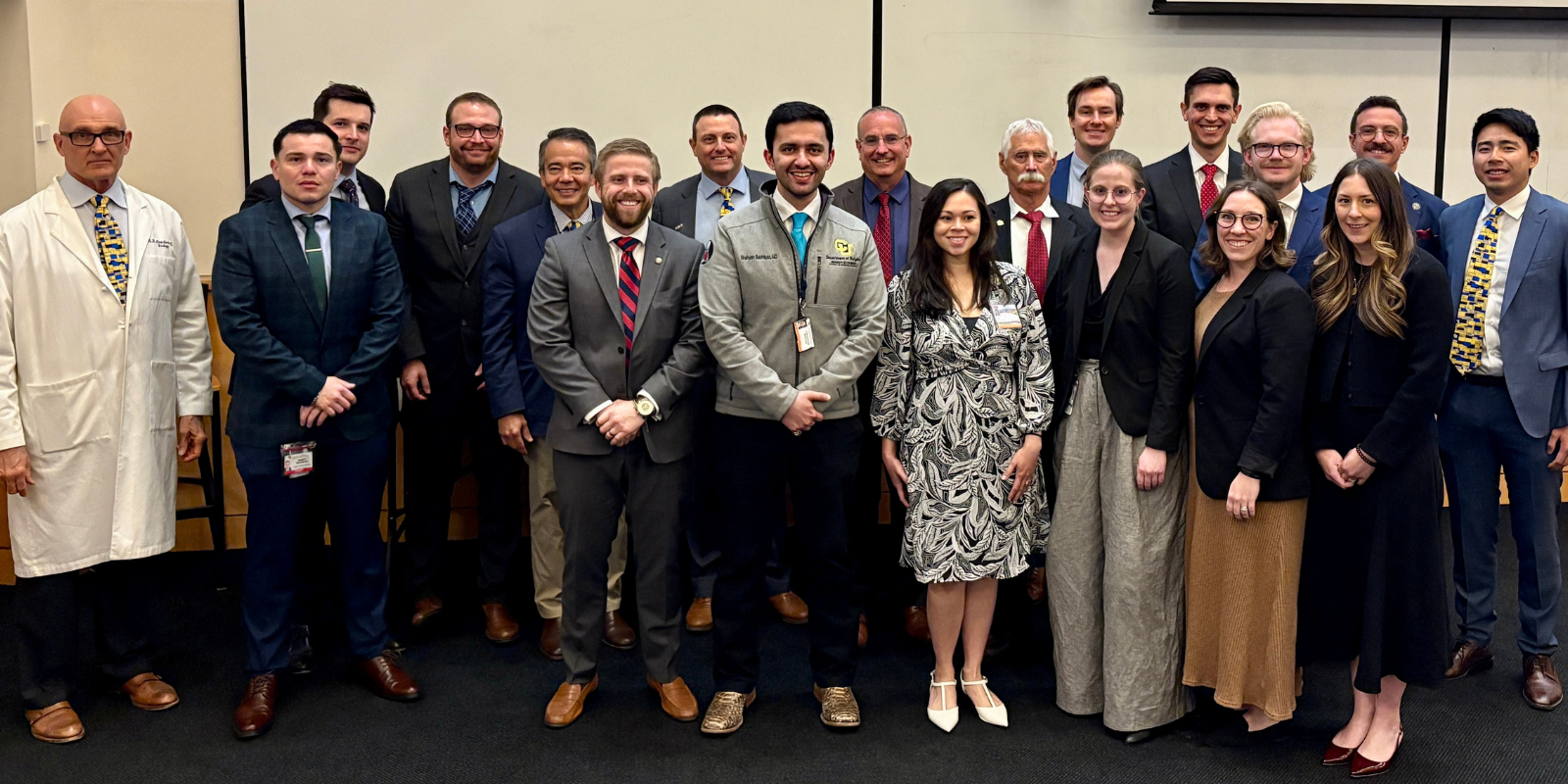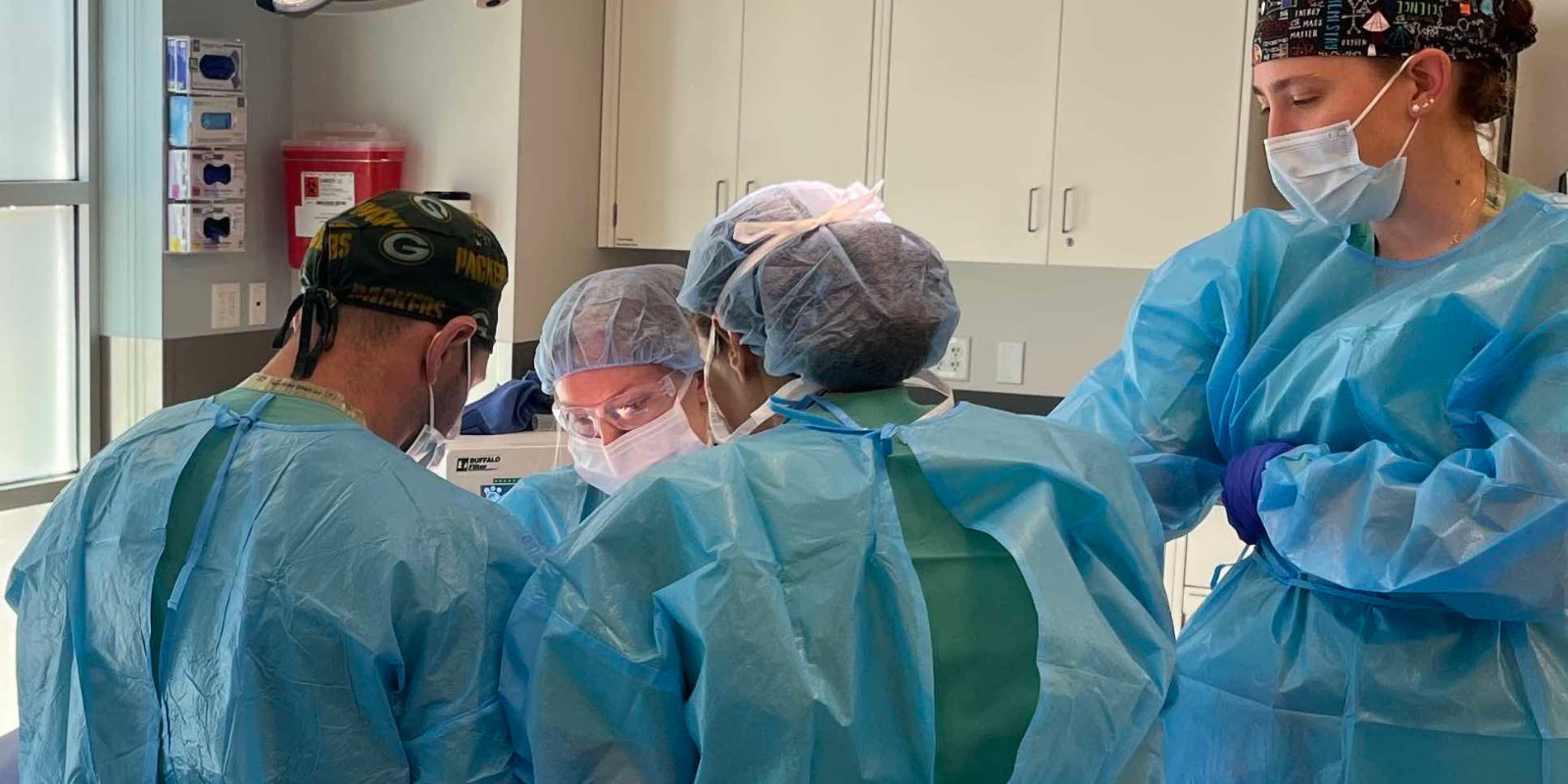A new colon and rectal surgery fellowship program at the University of Colorado Department of Surgery will provide aspiring colorectal surgeons with an additional year of training as they prepare for their surgical careers. The CU program, which was approved this year by the Accreditation Council for Graduate Medical Education (ACGME), will be part of the match process this summer and plans to welcome its first fellow in 2025.
The one-year fellowship program — the only ACGME-approved colorectal surgery fellowship in Colorado — will provide in-depth knowledge and experience in the diagnosis, management, and surgical treatment of patients with benign and malignant diseases of the colon, rectum, and anus.
“A fellowship is a type of specialty training after general surgery residency that makes you eligible for board certification in the specialty,” says Jon Vogel, MD, director of the fellowship and professor of GI, trauma, and endocrine surgery in the CU School of Medicine.
Clinical, educational, and research opportunities
The colorectal surgery fellow will participate in a broad range of surgical procedures, Vogel says, including open, laparoscopic, and robotic operations. Among the conditions they will treat are inflammatory bowel disease (IBD), diverticulitis, colorectal and anal cancer, benign anorectal pathologies, and pelvic floor disease.
“The goal of this fellowship is to prepare surgeons to be competent in the management of all colorectal diagnoses and the surgical treatments needed to address them,” Vogel says. “It’s an extra level of training that goes above and beyond what’s done in general surgery residency.”
The fellowship will offer educational and research opportunities as well, including participation in case conferences, didactic lectures, and the division’s weekly colorectal cancer, IBD, and pelvic-floor diseases multidisciplinary conferences. The fellow will have the opportunity to lead or participate in a clinical research project if they choose to do so.
Sharing experience and knowledge
Clinical rotations for the fellowship will be completed at UCHealth University of Colorado Hospital, UCHealth Highlands Ranch Hospital, the UCHealth Lone Tree Medical Center, and the Department of Veterans Affairs Medical Center.
“The thing that excites me most is that the colorectal surgery faculty is going to have the opportunity to share our experience and knowledge with trainees who have a great interest in the specialty,” Vogel says. “When you have a person who really wants to learn, it excites everybody.”
Vogel says the ACGME approval process involved a comprehensive application and interview process, after which the proposed fellowship was evaluated by a colorectal surgery committee of the ACGME.
“We have a great and diverse practice of colorectal surgery that includes the full spectrum of benign and malignant diseases,” he says. “We will be able to provide an exceptional educational experience, with high volumes of open, laparoscopic, and robotic surgeries, and the shared experiences of our seasoned faculty, which includes Elisa Birnbaum, MD, Shane McNevin, MD, Edward Jones, MD, and newcomer and CU General Surgery Residency graduate Amber Moyer, MD.”
For more information on the colon and rectal surgery fellowship, email program coordinator Bayli Hendrix, bayli.hendrix@cuanschutz.edu.





